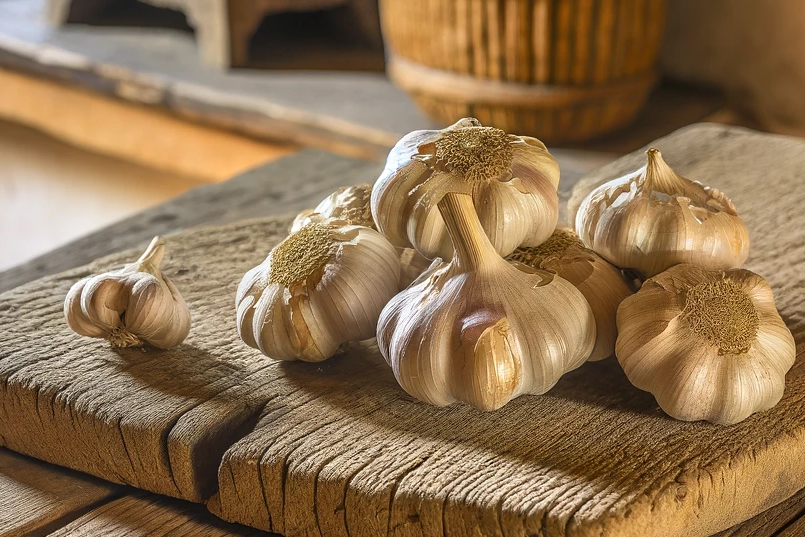Dipropyl disulfide

What is dipropyl disulphide?
Dipropyl disulphide belongs to the class of organic sulphur compounds and is found in nature in numerous plants and some animal products. It is known for its distinctive smell and is often used as a flavoring agent in the food industry. However, dipropyl disulphide is not only valued in human nutrition, but also in the animal feed industry due to its specific properties.
Benefits of dipropyl disulphide in dog nutrition
Health-promoting properties
One of the greatest benefits of dipropyl disulphide is its ability to support the health of our dogs in various ways:
- Antioxidant activity: dipropyl disulfide has antioxidant properties that can help reduce oxidative damage in cells. This is particularly important for preventing disease and maintaining overall health.
- Digestive support: Some studies suggest that dipropyl disulfide may aid digestion and contribute to intestinal health. This can be particularly beneficial for dogs with sensitive stomachs or digestive problems.
Improving food acceptance
- Taste improvement: Dipropyl disulfide can help to improve the taste of dog food, which can be particularly useful for picky eaters. Improved food acceptance leads to better nutrient absorption and therefore optimal health.
Disadvantages of dipropyl disulphide
Despite the many benefits, there are also potential disadvantages that need to be considered:
- Allergic reactions: In rare cases, dogs can have an allergic reaction to dipropyl disulfide. Symptoms of an allergic reaction can include skin rashes, itching and other intolerance reactions.
- Excessive consumption: Excessive intake of dipropyl disulfide can cause digestive upset such as bloating or diarrhea. It is important to carefully dose the amount of this ingredient in dog food.
As with many things in life, dipropyl disulphide needs to be used in the right proportions. While the benefits of this ingredient for the health and well-being of our dogs cannot be denied, it is important to consider potential drawbacks and avoid overdosing. A balanced diet that takes into account the individual needs and health conditions of our dogs remains the key to a long and happy life by our side.
If you notice any signs of hypersensitivity or poisoning in your dog, you should see your vet immediately. We are not a substitute for a vet, but we try to be as accurate as possible. Every dog reacts differently and we recommend you get a second opinion or consult your vet if in doubt.
Stay healthy and take good care of your four-legged friend!😊
Similar to Dipropyl disulfide
Allyl methyl trisulphide belongs to the group of organic sulphur compounds and is mainly found in garlic and onions. It is responsible for some of the characteristic smells and tastes of these...
Diallyl disulphide is an organic sulphur compound that is mainly found in garlic and in smaller quantities in onions. It is responsible for the characteristic smell and taste of these vegetables....
Diallyl trisulphide is a chemical compound that, like diallyl disulphide, is found in certain plants such as garlic and onions. It is an organic sulphur compound and plays a role in the...
Allyl sulphide is a volatile substance that is mainly found in garlic and in smaller quantities in onions. It is one of the main reasons for the distinctive smell and taste of these kitchen...



